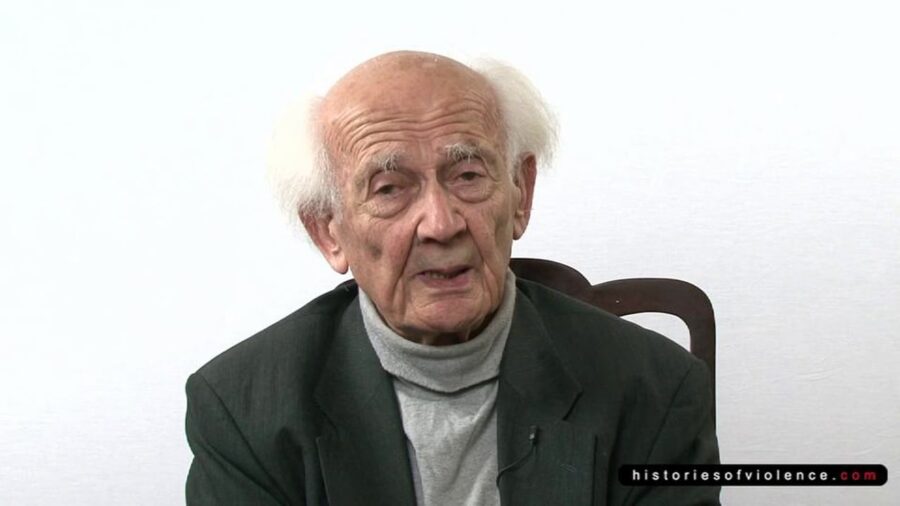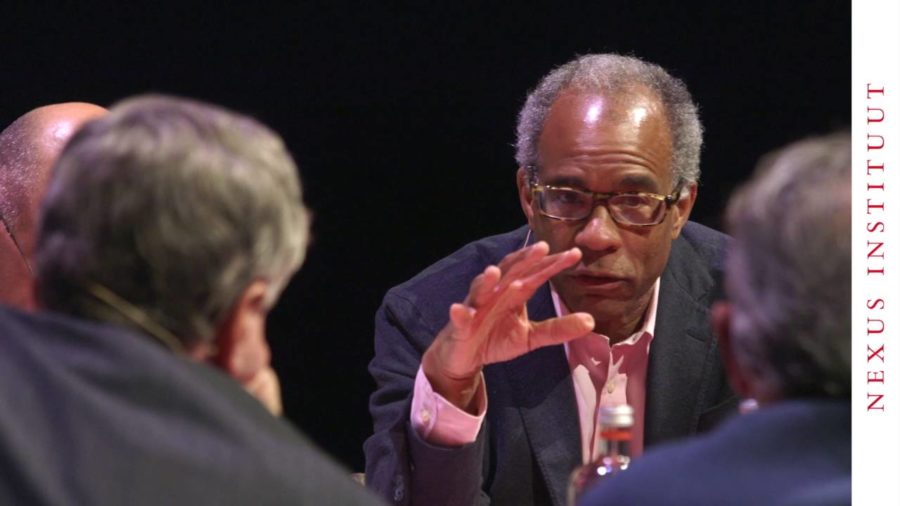No one is in control. That is the major source of contemporary fear. The fears are scattered. The fears are diffused. We can’t pinpoint the sources wherefrom they are coming. They seem to be ubiquitous.
Archive (Page 1 of 7)
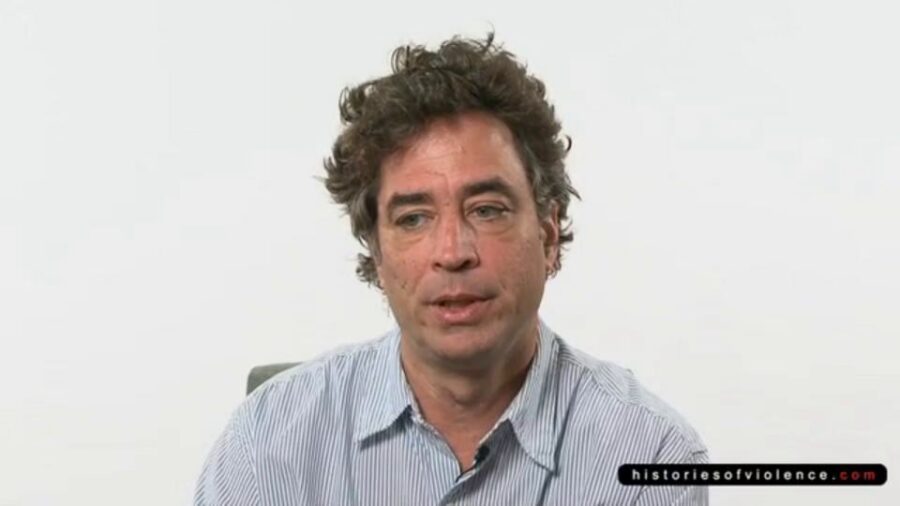
What’s most significant about September 11th ten years on I think is the illusion that it created of the end of politics. By the end of politics I mean the notion that force could rule. That terror could effectively…be sufficient for power. And this was an illusion I think that was recognizable at the time of September 11th but almost impossible to say. Almost impossible to say because of a variety of conditions of the dramatic nature of the event, and also of the forces of power that are arraigned with it.
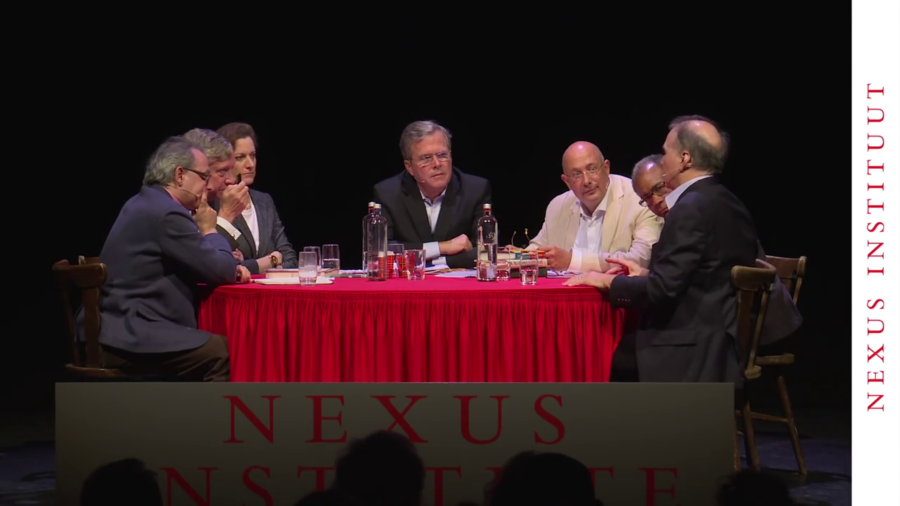
Donald Trump is not an American phenomenon, solely an American phenomenon. We see Trumps emerging all across the West, all across Europe—Western Europe and Eastern Europe. And they are repeating themselves in very similar ways.
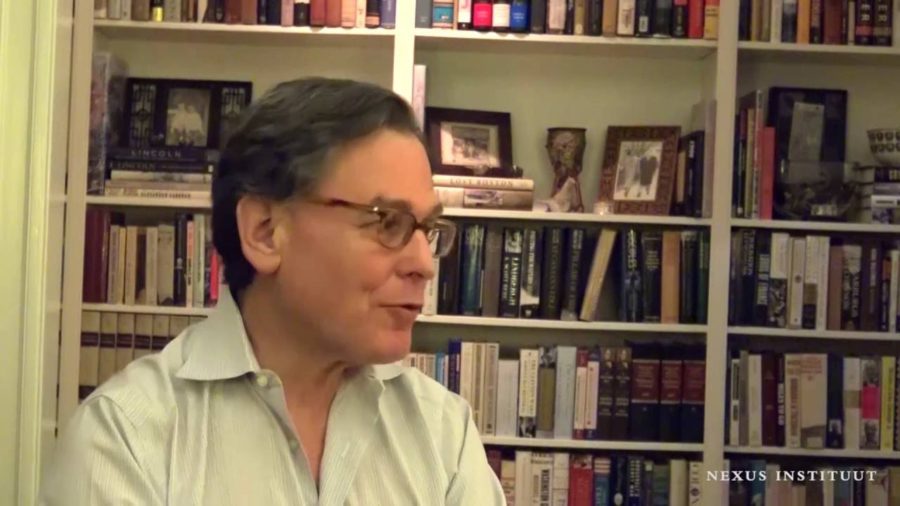
There’s always been this strain, particularly in American politics, a skepticism about politicians. We’re in one of these periods where there is such skepticism, but it runs deeper.
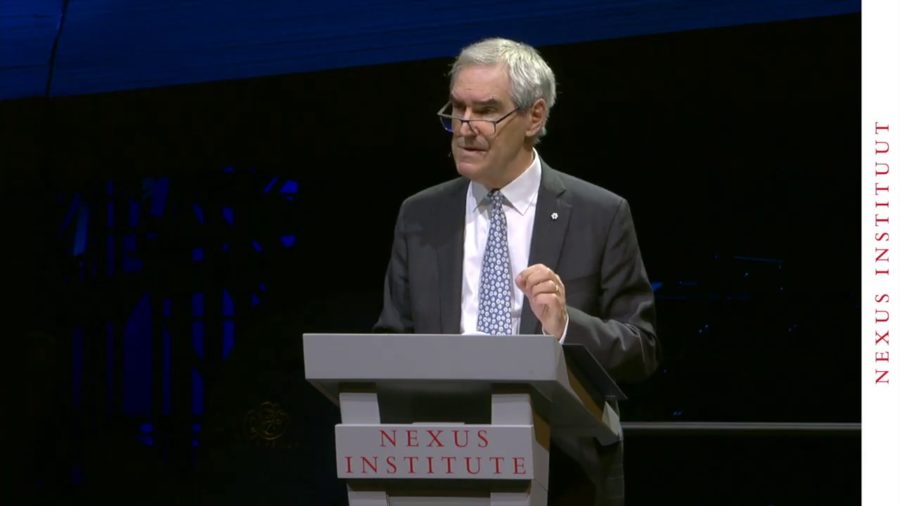
This emerging narrative of catastrophe is putting enormous pressure on all our political beliefs. Now there’s still some conservative parties, some US Republicans for example, who deny the basic facts, but we can be pretty sure I think that any politics that denies the facts doesn’t have much of a future.
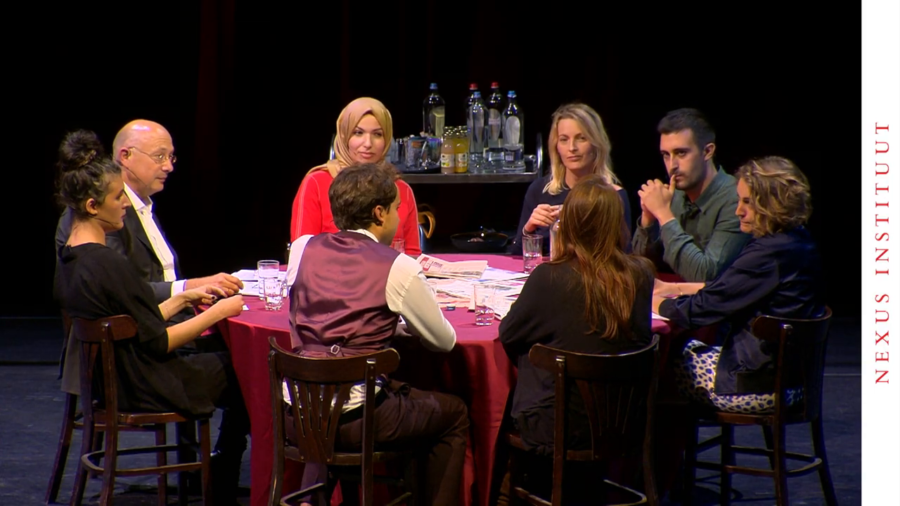
I think that politics has always been susceptible to conversion so that it’s not actually about living people it’s about signaling membership within a particular community.
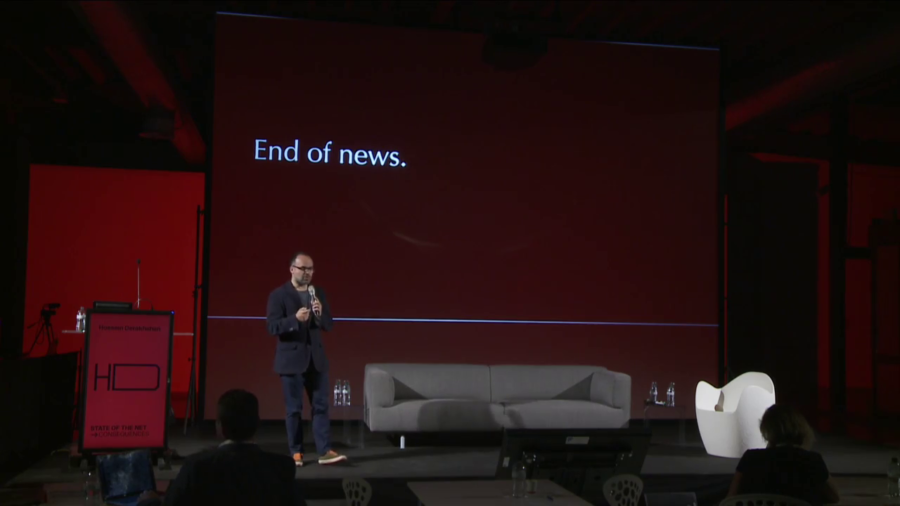
I think this is the end of the news. Not the end of journalism, end of news. And I think the whole discussion about business models, or quality, or trust, or ethics are secondary to what is the real problem, which is a cultural problem and a social problem.
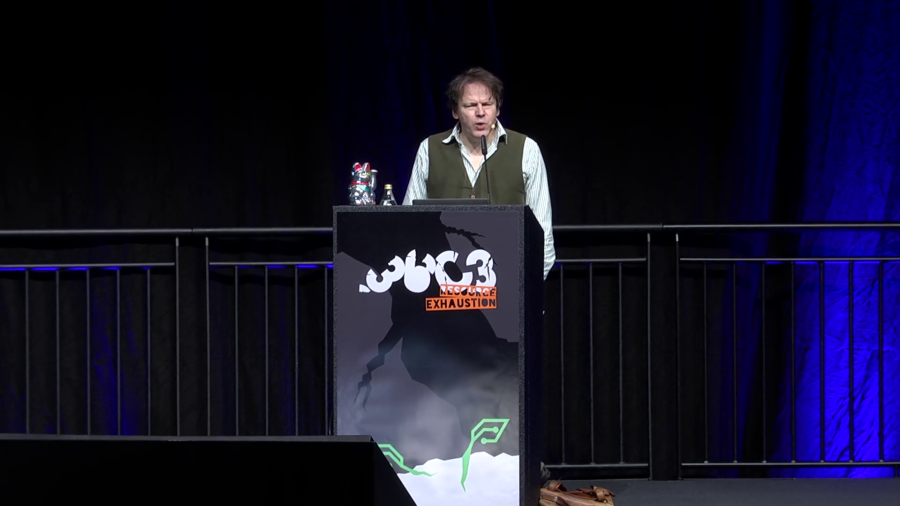
I think we need to really think hard about what has been happening to social class relations. And the conclusion that I came to is that essentially the left is applying an outdated paradigm. You know, they’re still thinking in terms of bosses and workers and a kind of old-fashioned industrial sense. Where what’s really going on is that for most people the key class opposition is caregivers versus managers. And essentially, leftist parties are trying to represent both sides at the same time, but they’re really dominated by the latter.
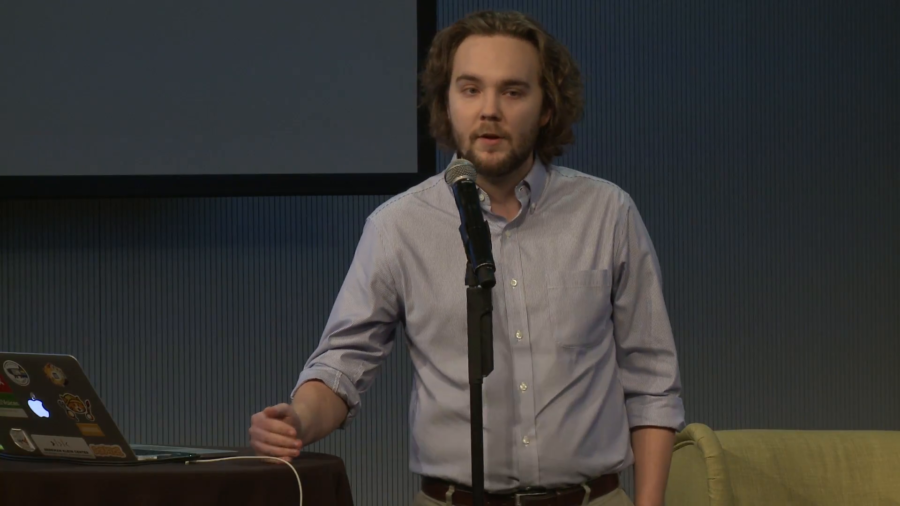
Liberal users comprise a larger percentage of these r/politics users, while conservatives will comprise a smaller percentage. Through those users and through their voting, they can control what is seen and what is not seen. So a liberal user, as a block, will downvote more often than not something they don’t agree with necessarily.

